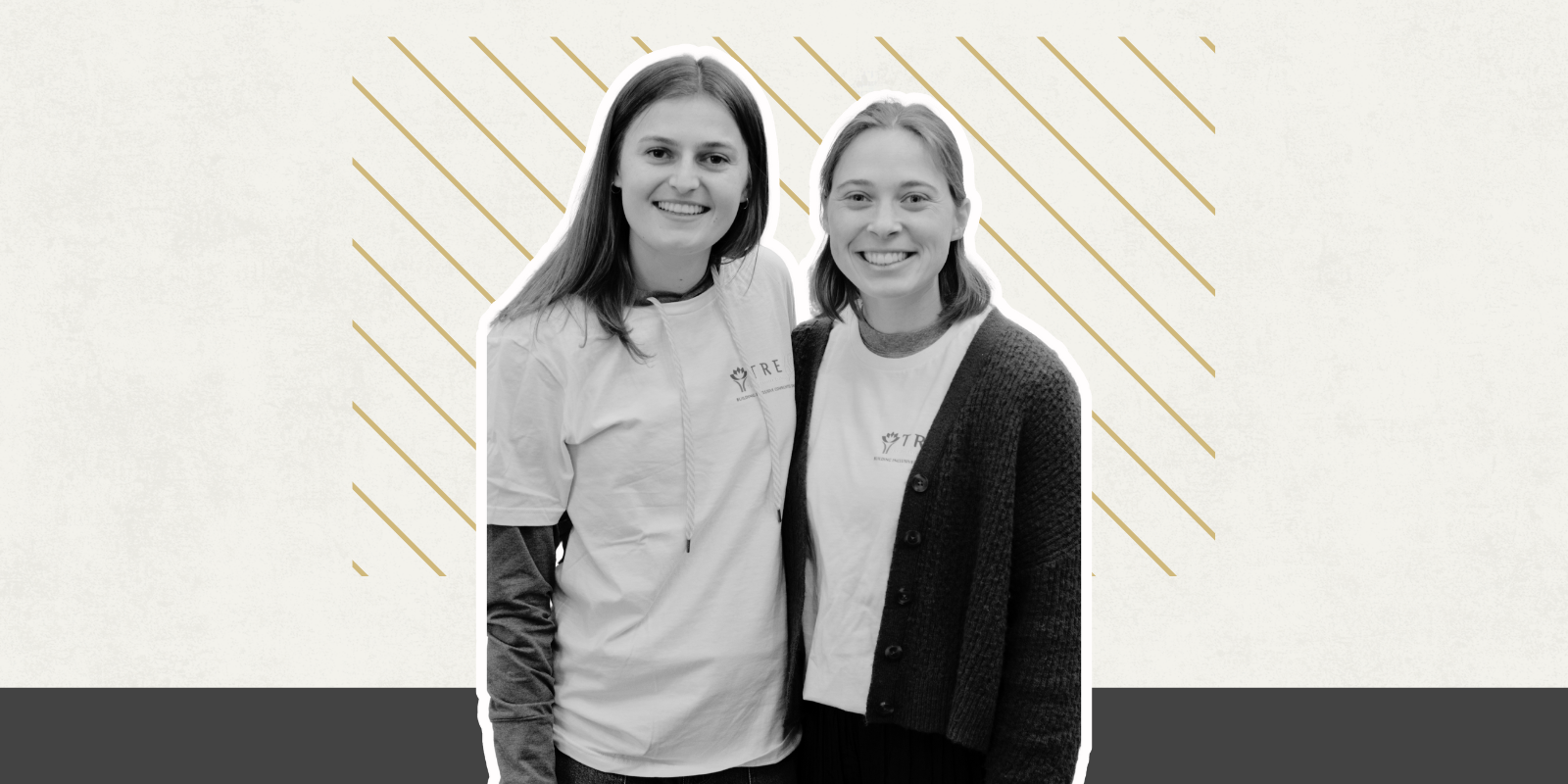Has the number of people in the U.S. with anxiety disorders increased since the beginning of the COVID-19 pandemic, or did the widespread awareness of mental health issues during the health crisis prompt more people to seek help for their anxiety problems?
Either way, a rise in conditions such as generalized anxiety disorder, social anxiety disorder, panic disorder, separation anxiety disorder, and phobias prompted the United States Preventive Services Task Force (USPSTF) — the council that makes official recommendations on health screenings such as mammograms and colonoscopies — in June to recommend that adults 19 and older be screened regularly for anxiety disorders.
“Anxiety disorders are commonly occurring mental health conditions,” the USPSTF says in its recommendation. “Anxiety disorders are often unrecognized in primary care settings, and substantial delays in treatment initiation occur. Anxiety disorders can be chronic conditions characterized by periods of remission and recurrence. However, full recovery may occur.”
The USPTF recommends that adults get screened as part of their primary care visits using the common Generalized Anxiety Disorder scale, which contains questions similar to those now asked of patients to determine if they are at risk for depression.
We spoke with Stephanie Lehto, PsyD, assistant professor of psychiatry and clinical director of mental health for students, faculty, and staff at the University of Colorado School of Medicine, about the new recommendation and what it means.





